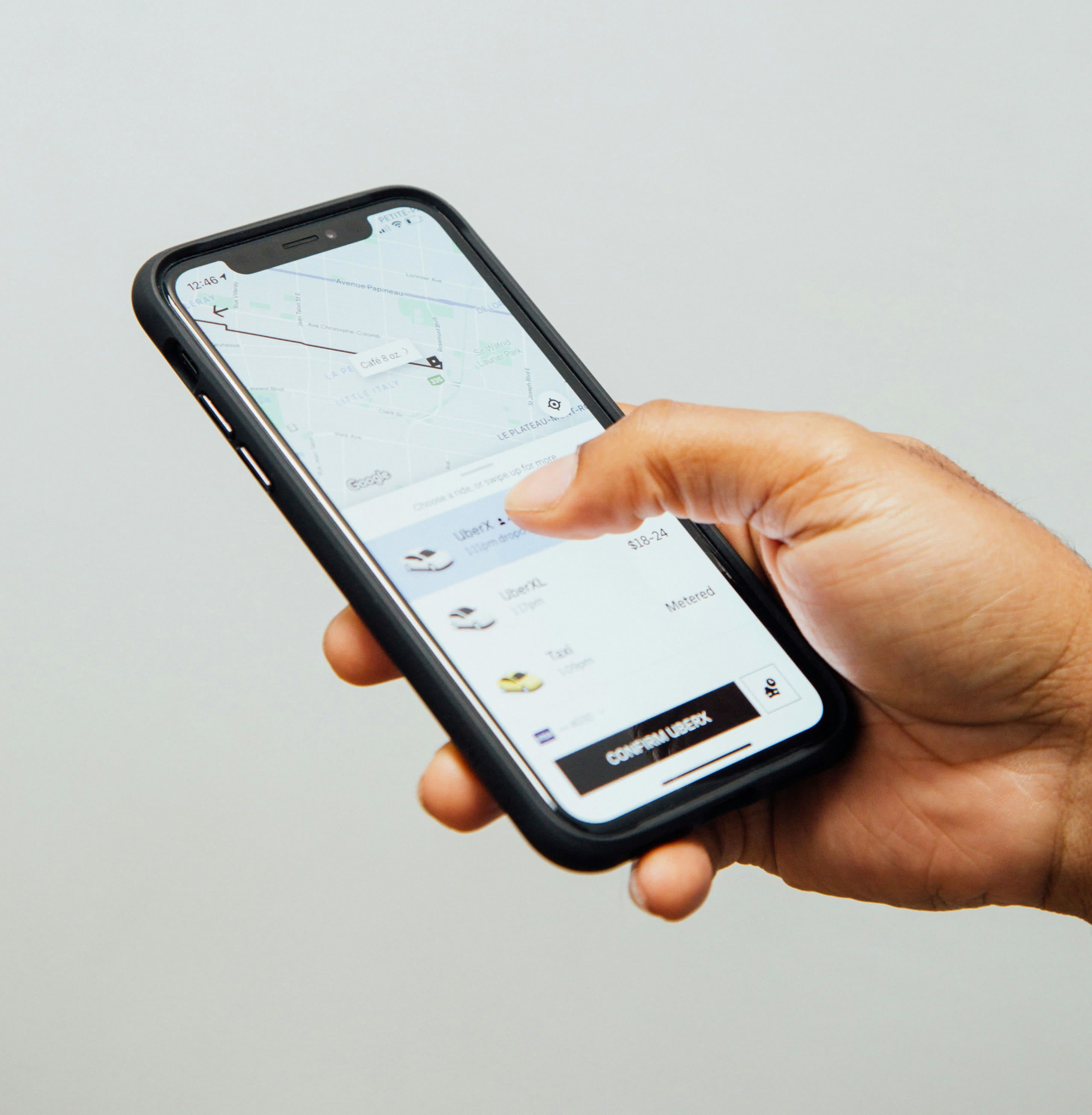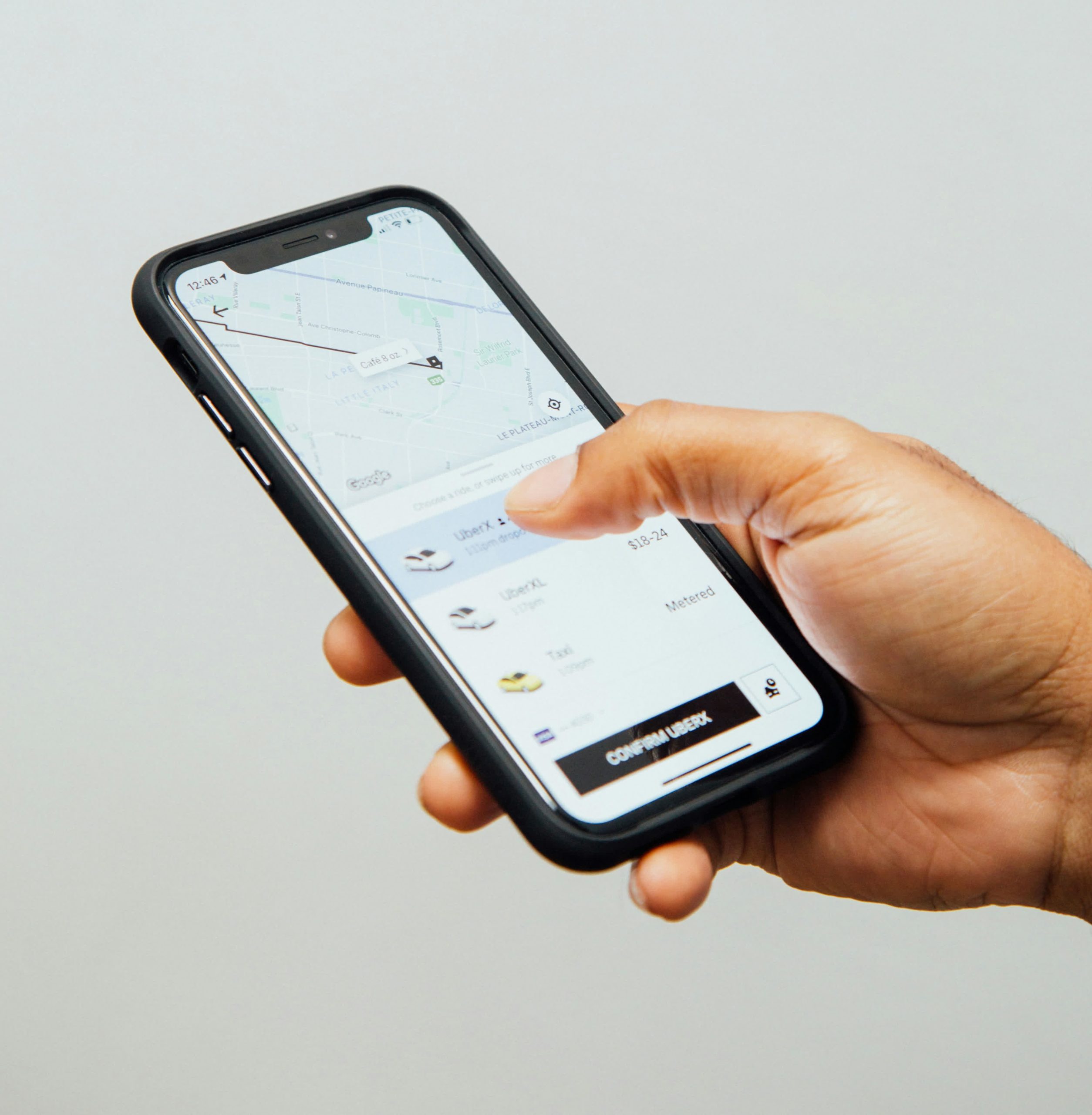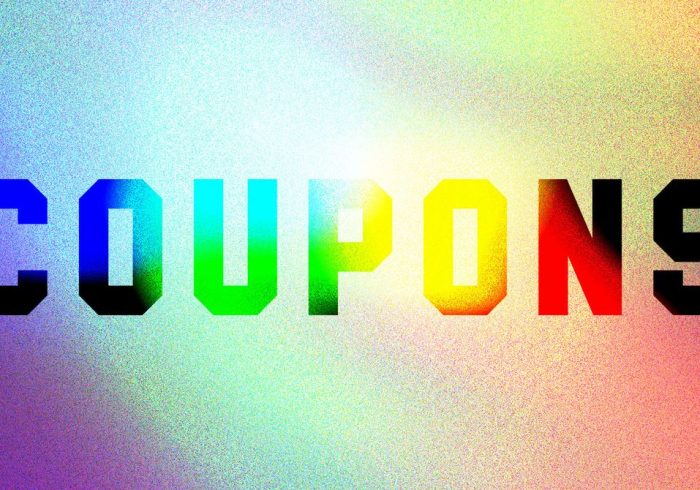Select correctly! The proper reply, the reason, and an intriguing story await.

In a tech IPO panorama full of bold forecasts and guarantees of groundbreaking success, various firm’s honesty startled potential buyers.
When Amazon went public in 1997, it was a scrappy on-line bookstore with huge ambitions – and greater losses. In its IPO prospectus, the corporate brazenly cautioned buyers: “We’ve incurred vital losses since our inception and anticipate to incur working losses for the foreseeable future… we might by no means obtain or preserve profitability.”
Not precisely the rallying cry you’d anticipate from a soon-to-be tech titan. The candid acknowledgment raised eyebrows and skepticism on Wall Avenue. But, the IPO went ahead at a worth of $18 per share, elevating round $54 million and valuing Amazon at roughly $438 million. The corporate’s market cap surpassed $1 trillion in 2018 and persistently stays among the many world’s most beneficial firms.
That brutally trustworthy assertion turned out to be a footnote in one of many best enterprise success tales of all time. Amazon expanded from books to… nicely, the whole lot. From cloud computing (AWS) to sensible gadgets, groceries, and Hollywood manufacturing, Amazon turned a cornerstone of contemporary digital life.
Equally, Uber famously warned buyers previous to its IPO that it had a historical past of considerable losses and cautioned that it’d “by no means obtain profitability.” The corporate went public in 2019 with one of many largest tech IPOs in historical past, priced at $45 per share and a valuation of over $82 billion.
Uber’s prospectus highlighted mounting working bills, regulatory hurdles, and ongoing competitors, stating outright that its enterprise mannequin may by no means result in sustained earnings. Regardless of these warnings, investor enthusiasm remained excessive, propelled by Uber’s international footprint and the promise of dominating the way forward for transportation and mobility.
Uber is not alone in sounding the profitability alarm earlier than going public in fashionable occasions…
Snapchat (2017): Snap Inc. additionally made waves by explicitly stating it could “by no means obtain or preserve profitability.” Buyers nonetheless valued the corporate extremely, taking it public at round a $24 billion valuation.
Lyft (2019): Like its ride-hailing competitor Uber, Lyft included language in its IPO submitting warning buyers that it had “incurred web losses annually since inception” and “might not be capable to obtain or preserve profitability.”
Spotify (2018): In its distinctive direct itemizing IPO, Spotify disclosed considerations about profitability, emphasizing that profitability was unsure because of excessive royalty prices and intense competitors, although it wasn’t as explicitly pessimistic as some others.
These cautionary notes, although jarring at first look, have develop into one thing of a ceremony of passage for fast-growing tech startups and the world of tech IPOs.



